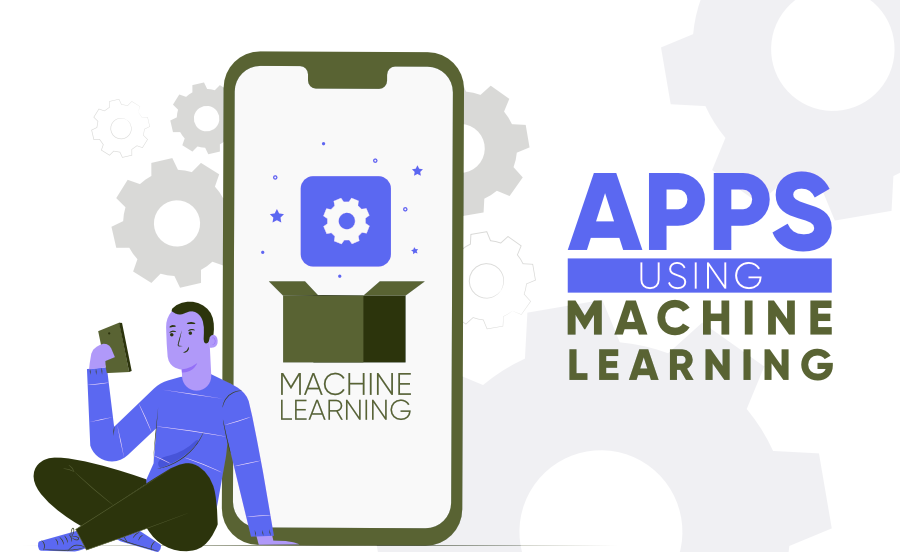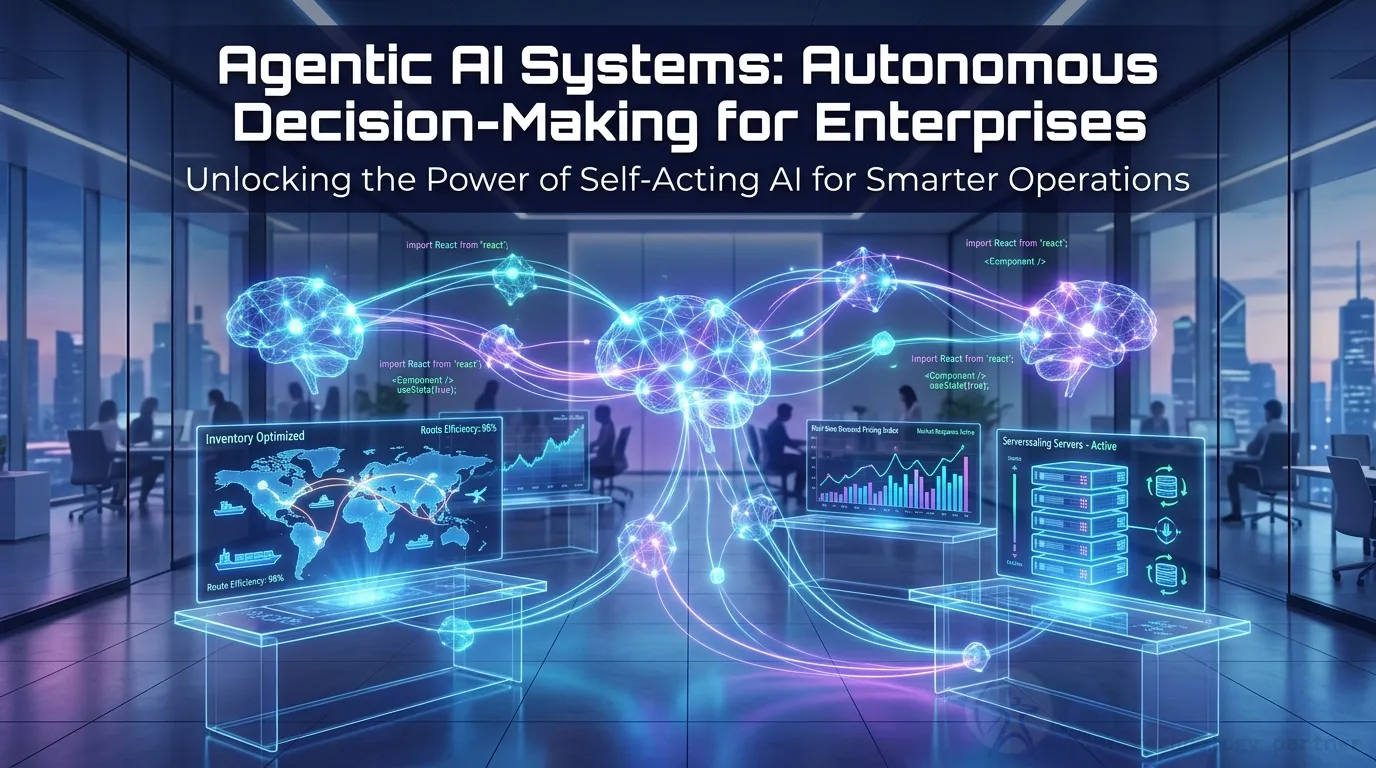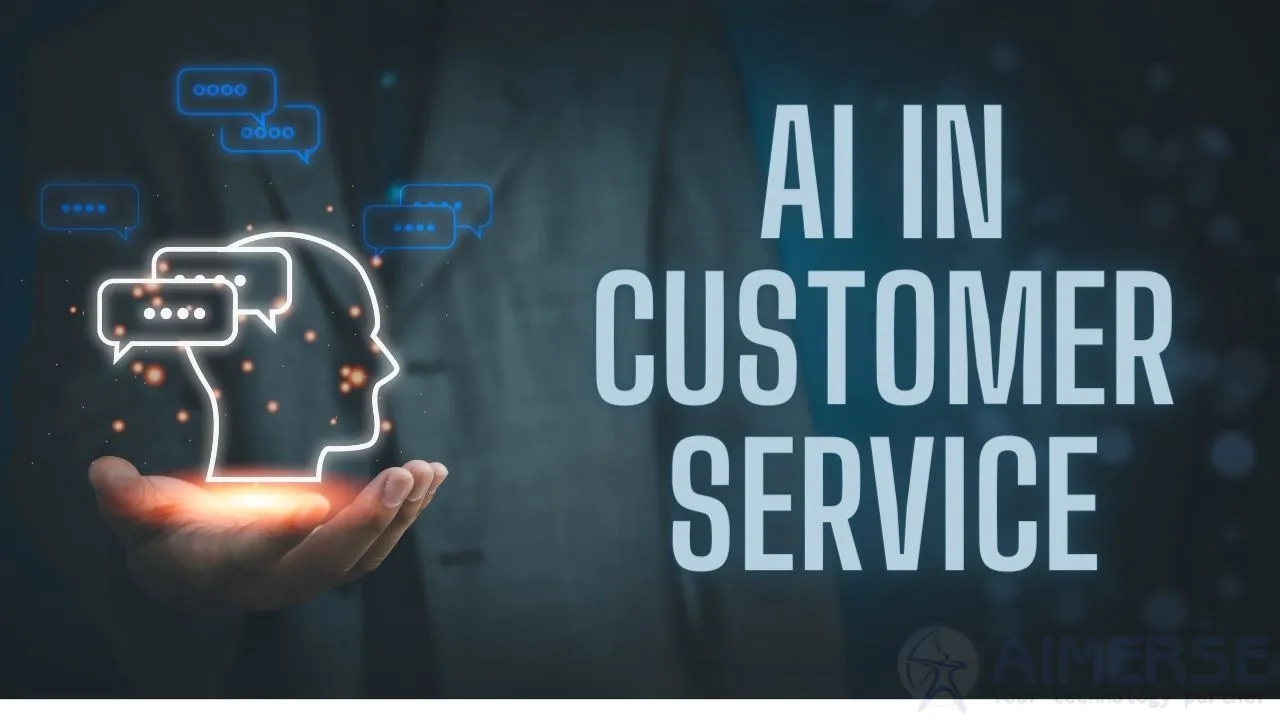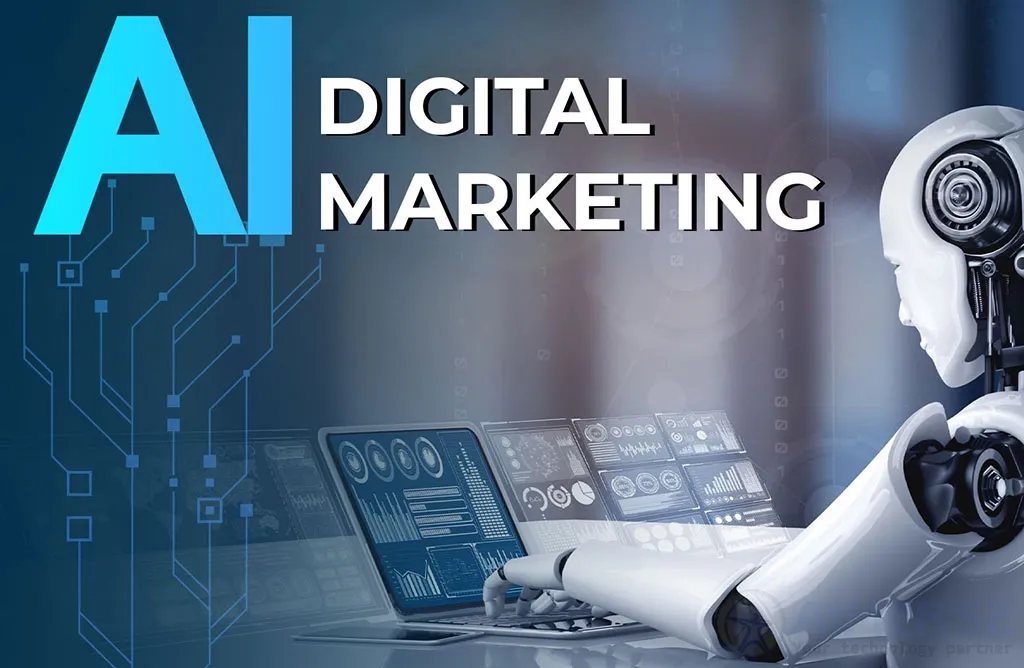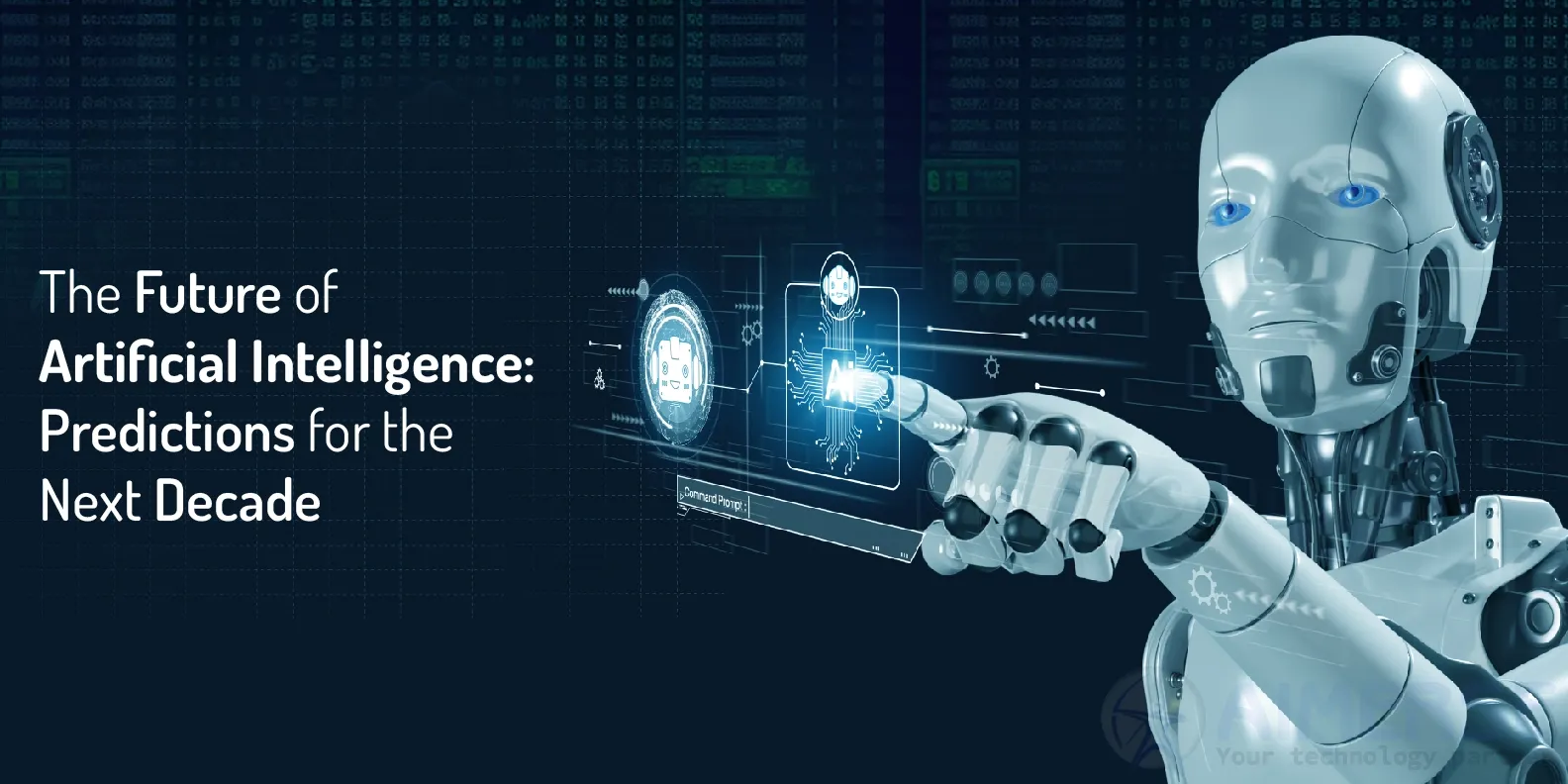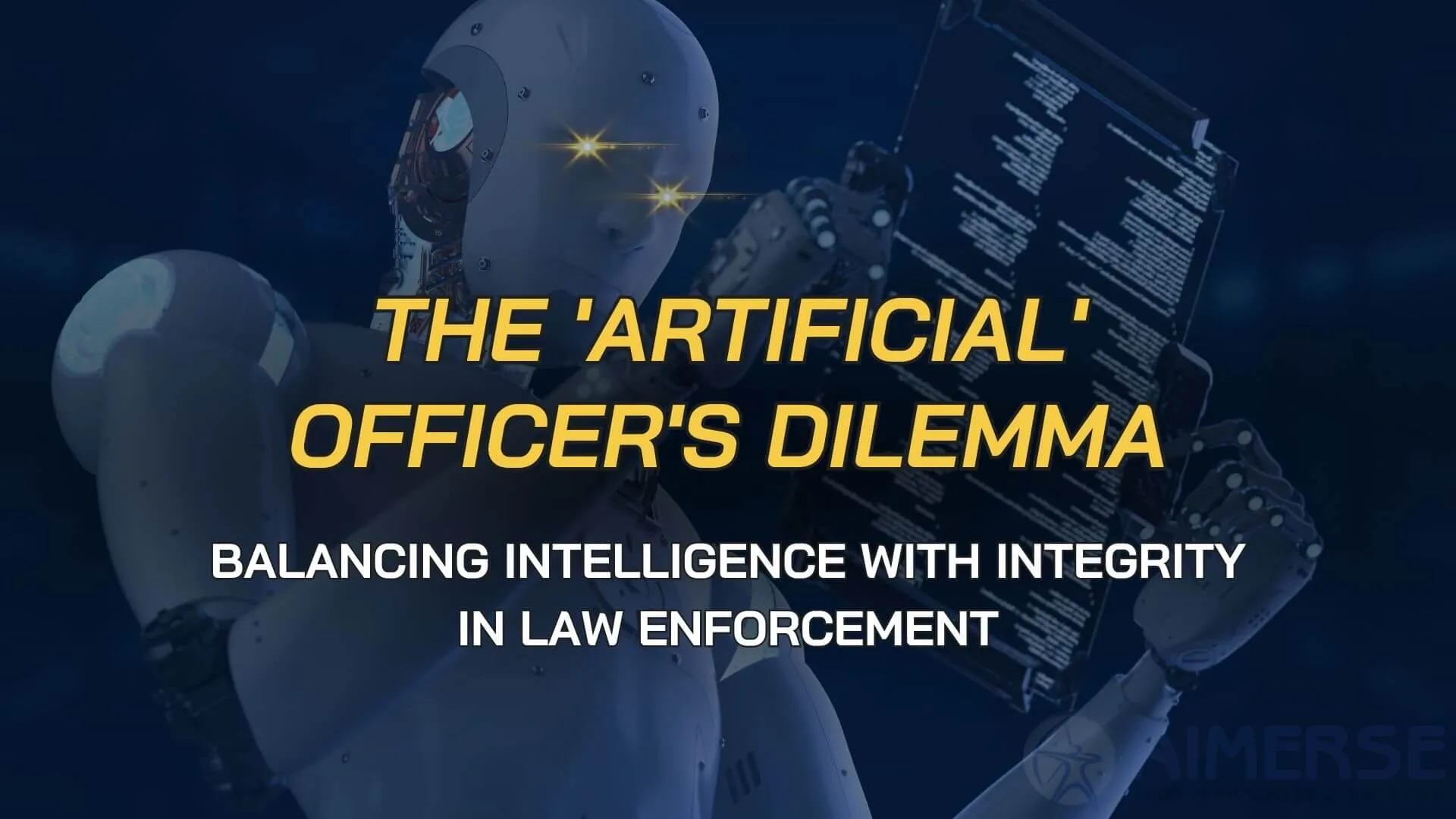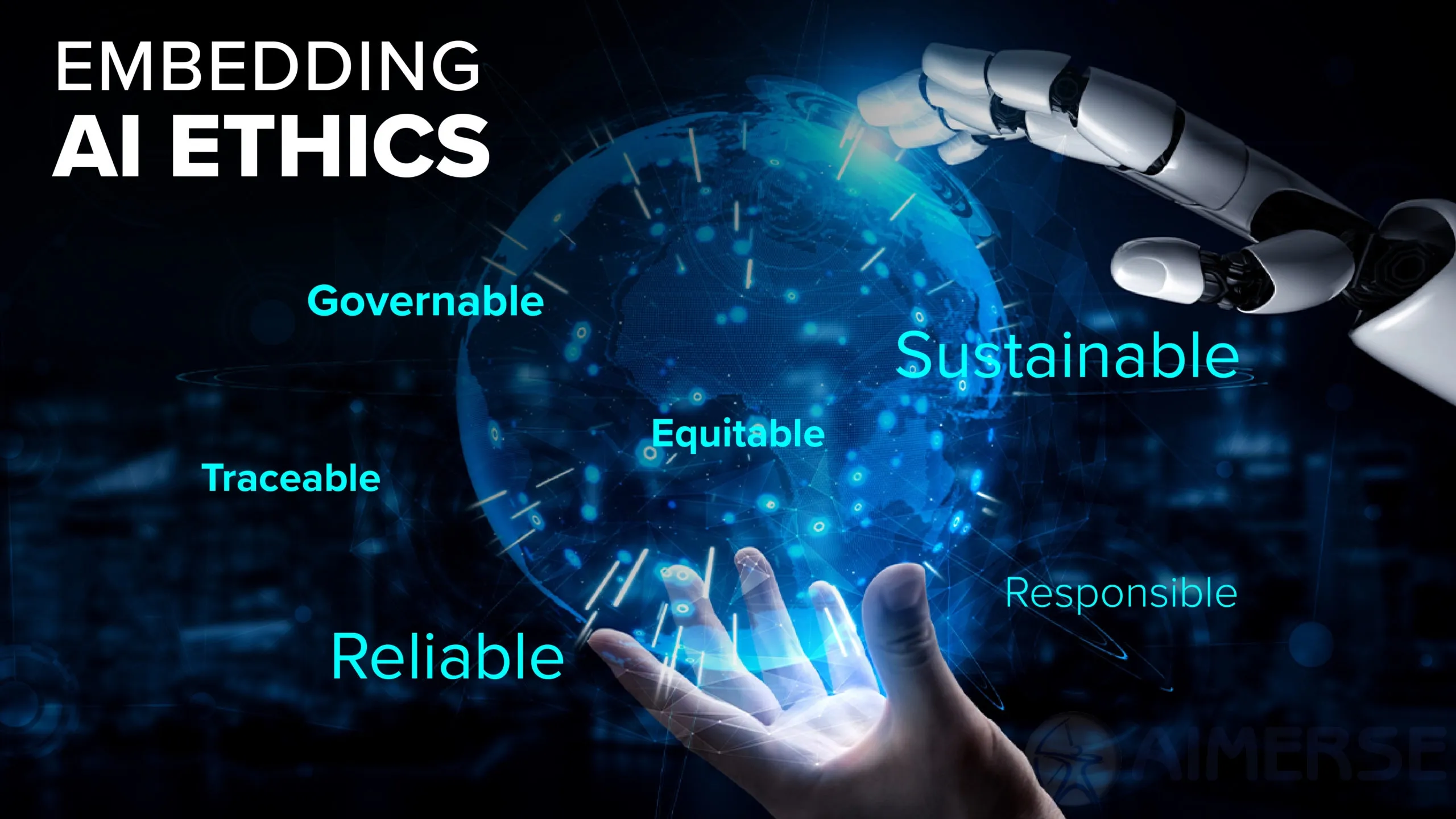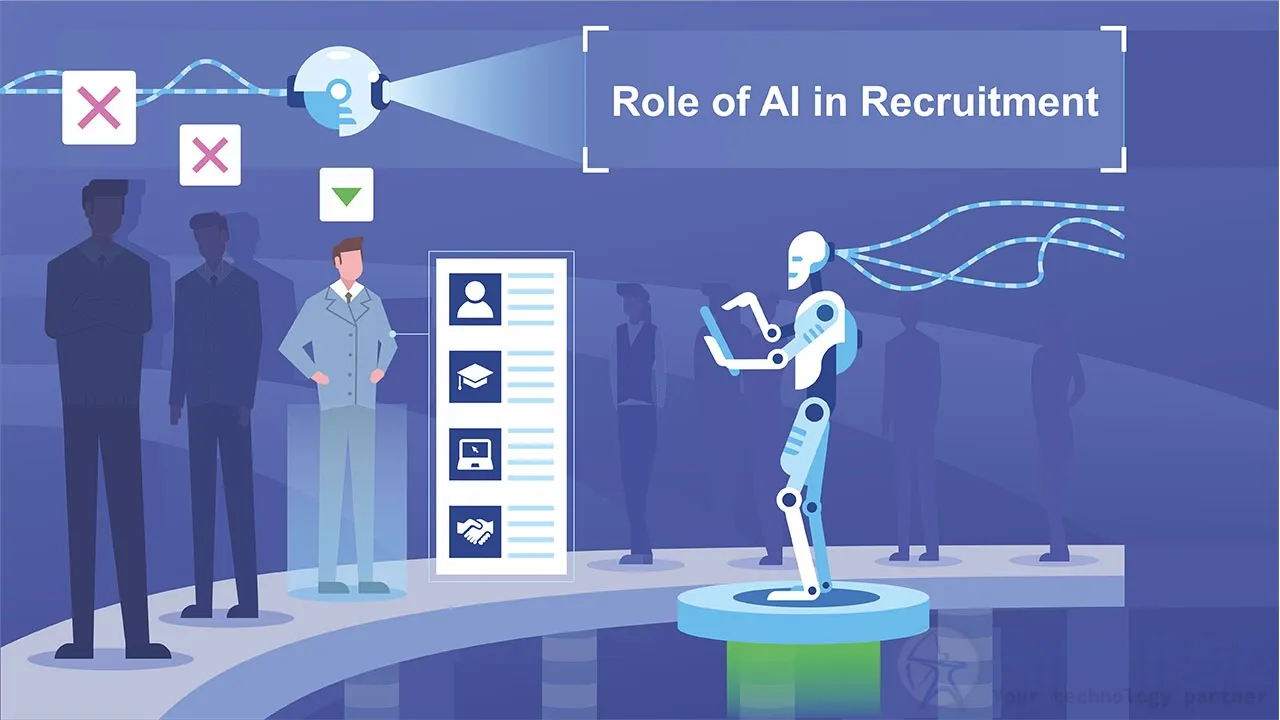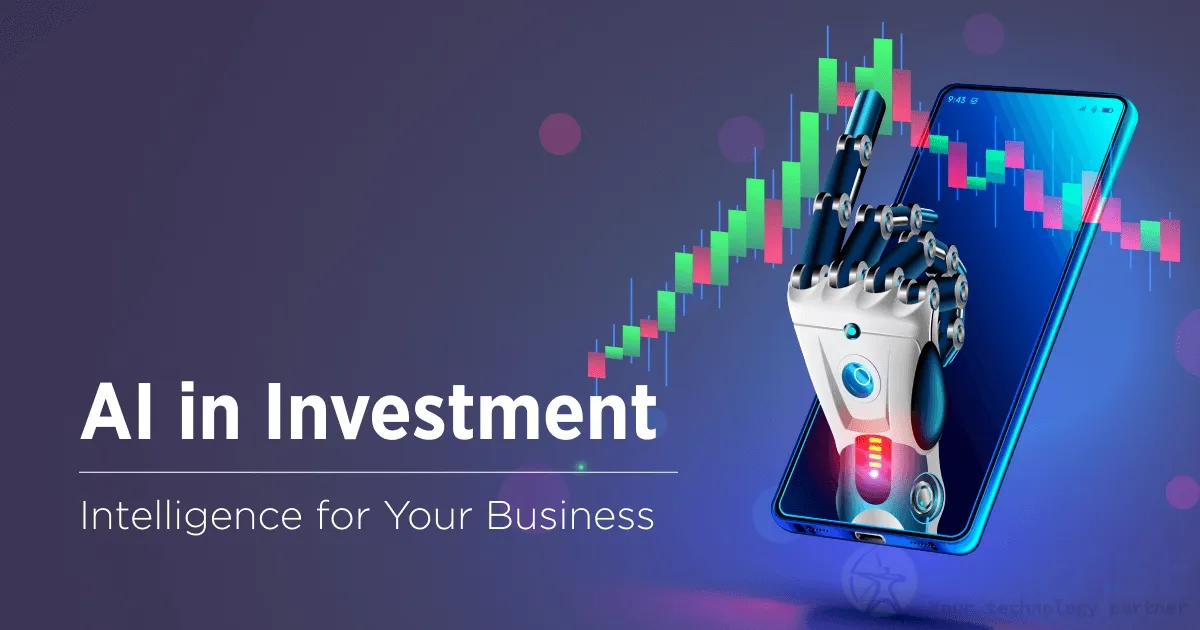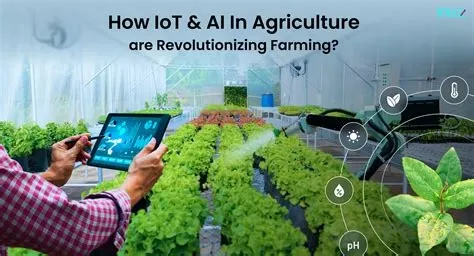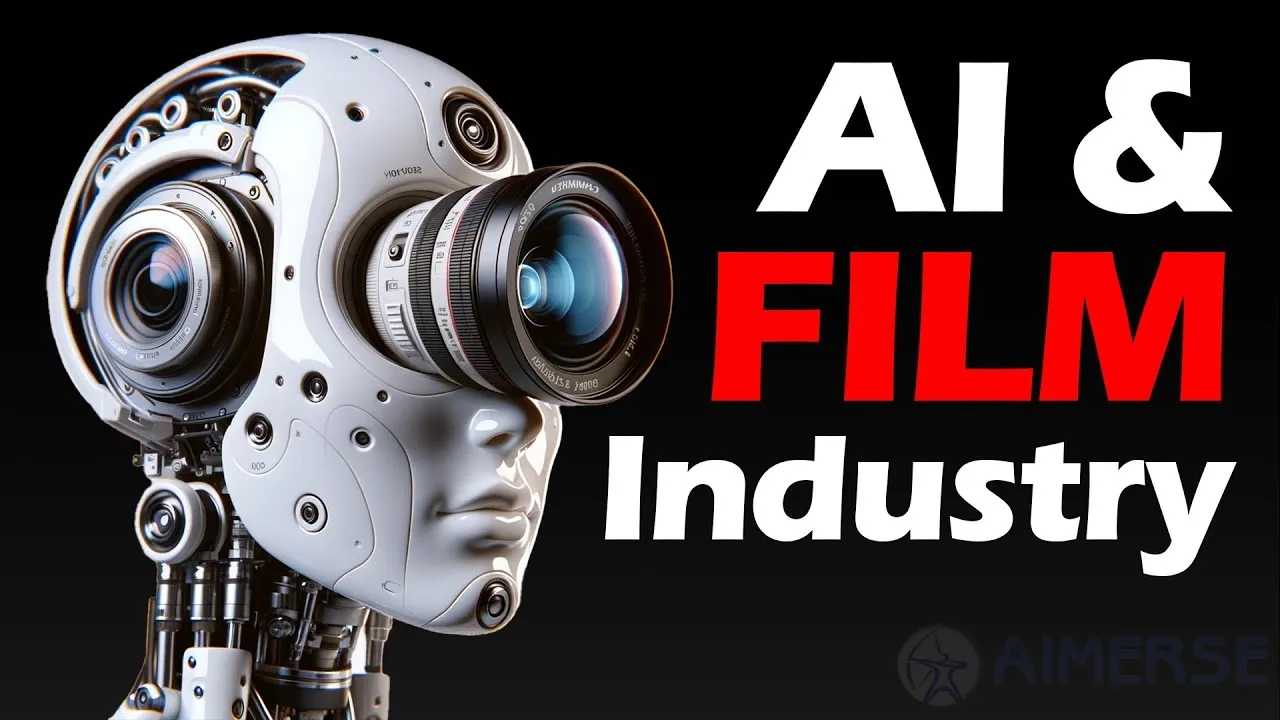Implementing Machine Learning Models in Mobile Apps.
In today's fast-changing technological environment, placing an ML model into a mobile app to facilitate the delivery of personalized and intelligent user experience is very much a main strategy. The analysis, prediction, or even change of functionalities can occur through various data sources because of the embedding of the ML models in the app, greatly enhancing engagement and satisfaction.
Methods of Implementing Machine Learning in Mobile Apps
-
On-Device Machine Learning:
- Description: This is the execution of ML models directly on a mobile device.
- Advantages: It supports fast processing, excellent privacy, and offline ability
- Considerations: It has to be optimized as it should support the limitations that a device presents, such as low computing and storage capabilities.
-
Cloud-based Machine Learning
- Description: The use of cloud services to process ML.
- Advantages: Usage of computational resources is supported along with the use of complex models.
- Considerations: It is highly dependent on connectivity and also associated with some concerns of privacy and latency.
-
Hybrid Approach
- Description: It is the on-device as well as the cloud-based ML, which keeps the performance and usage of the resources at an equipoise.
- Advantages: Supports real-time on-device processing with much more use of the cloud for intensive processes.
- Considerations: It requires careful orchestration so that the working can be intuitive between the device and the cloud.
Pros of Machine Learning on Mobile Applications
- Personalization: The content and personalized recommendations are targeted to a person's individual choices, which elevates engagement.
- Automation: Makes tasks like picture recognition and natural language processing to enable efficiency.
- Predictive Analytics: It can predict what the users will require or do in the future and, therefore, give proactive service delivery.
- Improved Security: Machine Learning detects anomalies that may be detrimental to security because of continuous algorithms of learning.
Challenges in Implementing Machine Learning
- Data Privacy: Dealing with the user's data in a manner that is safe and compliant with the regulations
- Resource Constraints: Managing the amount of processing and storage capacity within mobile devices
- Model Adaptation: Complex models adapted for working in mobile-friendly environments
- Continuous Learning: Upgrading the precision of the model because of the behavior of users as well as the evolution of data.
Best Practices to Ensure Integration
- Select the Correct Framework: Select a nice mobile ML framework such as TensorFlow Lite or Core ML for smoother integration.
- Model Optimization: Compress and optimize the model, which has to decrease resource usage without any compromise on the accuracy of the model.
- Protect User Privacy: Apply advanced data encryption and anonymization to ensure the safety of user data.
- Comprehensive Testing: The application will be tested on numerous devices and in different scenarios so that it always works correctly and is reliable.
Conclusion
It is the gateway towards an intuitive, responsive, and smart experience through mobile applications with integration. Proper integration helps mitigate the problems faced, and with best practice in mind, will ensure the development of ML-driven applications that would far exceed the expectations set by users.
At Aimerse Technologies, we specialize in the delivery of customized software based on a variety of technologies, from React.js, Node.js, Python Django, and Laravel, to Java Spring Boot. Amongst the latest models of machine learning, we can incorporate them into your mobile application so that your application is now able to deliver smart and customized experiences for your end-users.
